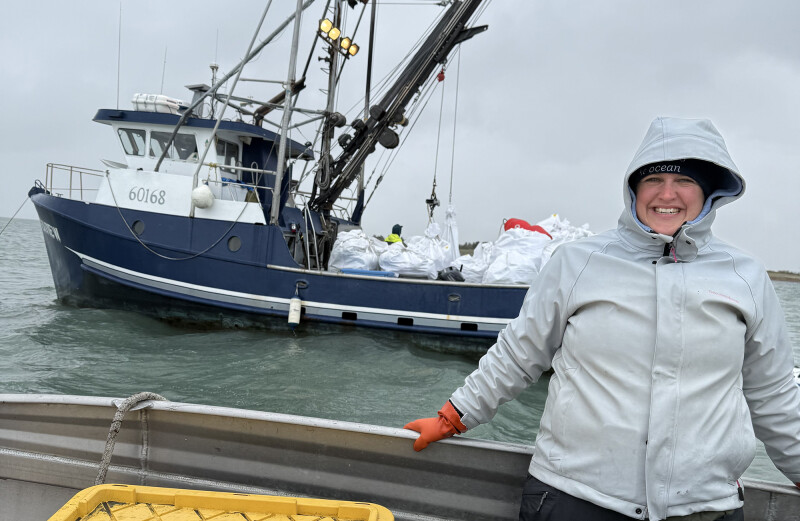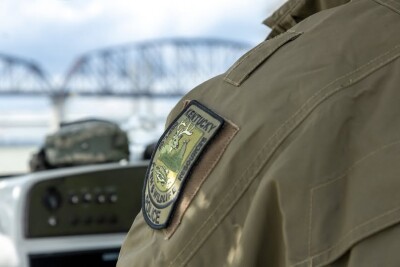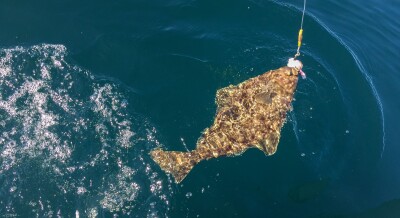Commercial fisheries entities are collaborating with a rising star in plastics recycling, Net Your Problem, to keep thousands of pounds of worn-out fishing gear and washed-ashore plastic debris out of landfills and get it refurbished into useful products.
"Fishing gear doesn't last forever, but it also doesn't have to go to waste," said Tim Fitzgerald, chief sustainability officer at American Seafoods, part of the catcher-processor sector of the Alaska pollock industry. "As we continuously improve our nets and gear, it is encouraging to know that the gear that has served one useful purpose can now serve another one," he said.
American Seafoods collaborated on May 28 with Arctic Storm Management Group, Coastal Villages Region Fund, Glacier Fish Company, and 150 volunteers for an inaugural net recycling day at the Port of Seattle's Terminal 9, each spending several hours to clean one of their groundfish nets, which yield on average 20,000 pounds of plastic.
“The nets are expensive enough that we take very good care of them,” said Fitzgerald. "We try to use them as long as possible." As for the event itself, "we are really excited about it," he said.
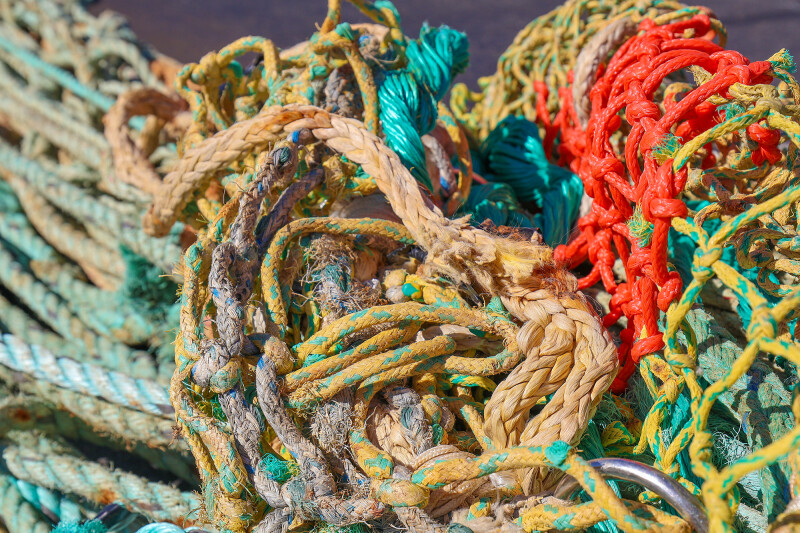
American Seafoods first partnered with Net Your Problem in 2019 to move old gear out of Dutch Harbor, Alaska, for recycling in Europe. 2022 was the first year they did a big recycling event in Seattle, said Fitzgerald.
The processors pay Net Your Problem to take the nets, which are then sold to domestic and foreign companies that will repurpose the plastic into an array of useful products, ranging from shopping bags and sneakers to knife handles.
Net Your Problem also collects codend, bottom trawl net, footrope, cable, seine web, chafing gear, purse line, float line from pot gear, soft buoys, gillnet web, weed line, sink line, sorted marine debris, and lead and cork line from gillnets.
Nicole Baker, the founder, is a former North Pacific groundfish observer currently serving as her company's Pacific Northwest division coordinator and recycler liaison. Her interest in recycling was sparked by Parley for the Oceans collaboration with Adidas to make sneakers out of confiscated fishing nets and since 2015 she has been looking for harvesters with nets to get rid of and recyclers who will take the nets.
Baker spent May 7-18 in Cordova, on Alaska's Prince William Sound, working with Nelly and Michael Hand of Drifters Fish, who used a grant from the National Oceanic and Atmospheric Administration on the first of a two-year beach cleanup effort. "It was one of the most impressive beach cleanups I've ever participated in," said Baker. The Hands and fishermen they hired gathered in two days some 5,500 pounds of debris from the shores of Egg Island, including trawl net, reusable hard buoys, white Styrofoam, beverage bottles, plastic jugs, line, hard plastic fragments, and tires. Baker said she is determined to find a place to recycle those tires.
The debris also included three very big black buoys that Baker thinks may have been associated with the Japanese tsunami of 2011.
The group collected a total of 24 huge bags of sorted debris which filled a 20-foot Alaska Marine Lines shipping container. "I did not expect to have it all sorted and weighed by the time we left the beach," she said. "It was impressive." The bags were transferred to Nelly Hand's drift gillnetter Heron, and then onto her spouse's seiner, Seaview. Once the seiner reached Cordova, the bags were loaded into the shipping container for transport south.
Baker cited the benefits of keeping all this fishing gear and other plastic debris out of landfills. "Putting plastics in a landfill wastes petroleum resources," she said. "Any time we can keep materials in circulation longer means you don't have to extract natural resources to make them. "It's like electronics recycling. If you don't have to mine new metals to make phones, there is a slew of environmental benefits for that."
The day after the Egg Island cleanup was completed, Nelly Hand conducted a field trip for Cordova High School students, during which they figured there were about 900 bottles in each of four white trash bags, or about 3,600 bottles from that one cleanup.
While in Cordova, Baker also spent time at businesses in town, a meeting of Cordova District Fishermen United, and walking the docks to talk about net and aluminum can recycling. Money made from the sale of the aluminum cans supports net recycling in Cordova, she said.
The goal is to collect one bale — about 800 cans — a month by having residents drop off those cans in a dumpster by Baho Taco, a popular local eatery.
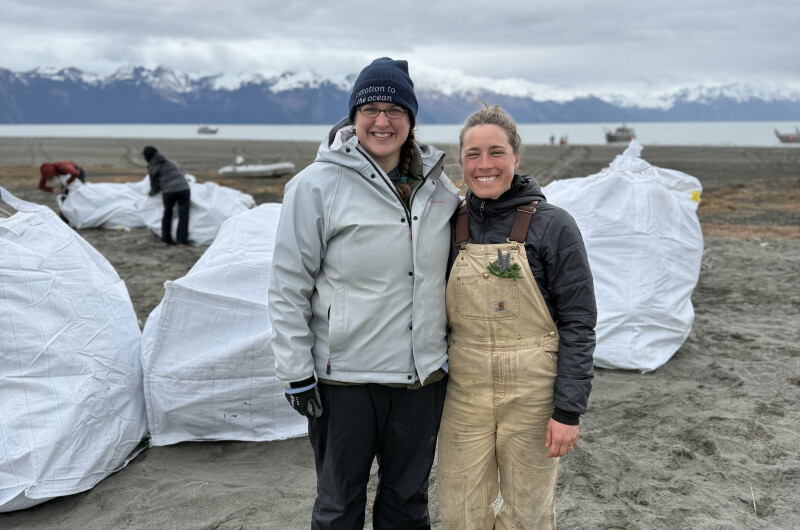
From Cordova, Baker headed for Seattle to move business inventory to her new headquarters in Newport, Oregon, and a marine industrial park in progress, whose current assets include an ice plant built in 2019. To date, developer Evan Hall, who hails from three generations of commercial fishermen, has put in some of the facility's infrastructure and graded the area, but is waiting on the first phase of buildings pending firm tenant agreements. Hall said there were very few ice machines available and most of them were private, compared to Community Ice, which offers public access.
"Eventually, we would love to see use of all 40 acres," he said.
Meanwhile, Hall is working with the Iceland Ocean Cluster, which has been sending representatives to Oregon. "They would be a tenant and recruit people working with them as a way to bring more people into our industrial park." Hall also envisions space for an aquaculture site. "There are a lot of irons in the fire," he said. "We just need the tenants to move forward."
Another benefit Hall sees is that many fishing vessels used in various seasons in Alaska are docked in Newport during their offseasons, and on their way south, have empty decks that could be used to transport plastic debris from beach cleanups in Alaska.
"It could have a huge impact," he said. "It's very exciting."





